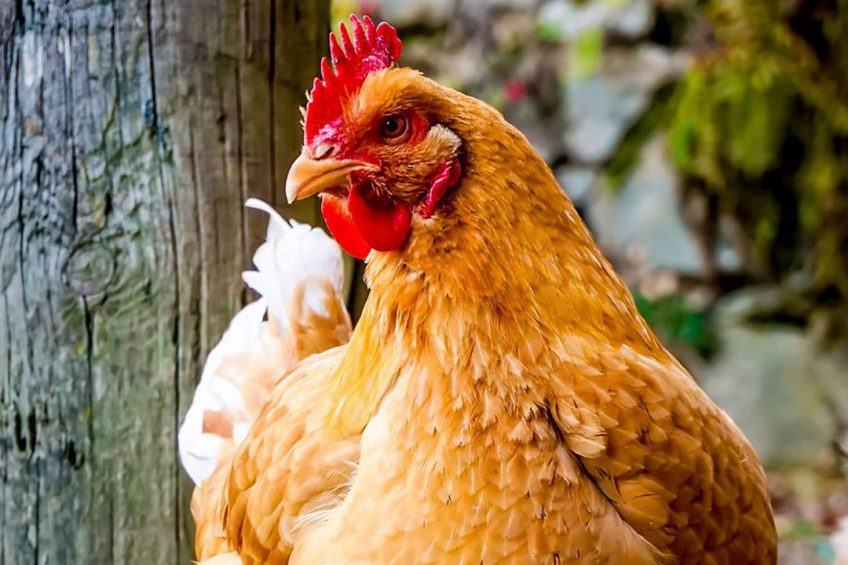Chicken study probes resistance to Campylobacter

Transplanting gut microbes from chickens that are relatively resistant to Campylobacter bacteria into chickens that are susceptible does not improve resistance, a study by The Roslin Institute at the University of Edinburgh has shown.
Campylobacter is a cause of food poisoning in people and is often found in chickens. In the UK alone, it is estimated that more than half a million people are infected with Campylobacter each year.
To determine the types and numbers of microbes present, Roslin Institute scientists analysed the genetic makeup of gut microbiota from chicken lines with different resistance to the bacteria. Transplanted gut bacteria only survived in the susceptible chickens for a limited time and those chickens became even more susceptible to Campylobacter, the scientists were surprised to find.
 Tackling Campylobacter jejuni is difficult
Tackling Campylobacter jejuni is difficult
Belgian research looked into the possibility of in ovo vaccination of broilers against Campylobacter jejuni using a bacterin and subunit vaccine. Sufficient protection was not found.
According to Dr Cosmin Chintoan-Uta, study co-lead, the Roslin Institute: “Given the results of previous studies in mice, we thought that inherited differences in resistance to gut pathogens might be transferable by transplanting gut microbiota from chickens that are resistant to chickens that are susceptible.”
 New Zealand targets 20% decline in Campylobacter by 2025
New Zealand targets 20% decline in Campylobacter by 2025
This goal was informed by a study commissioned by New Zealand Food Safety that found more than 80% of cases are likely due to consumption of poultry.
Trong Wisedchanwet, study co-lead, the Roslin Institute, added: “We were surprised to find that while heritable differences in resistance of chickens to Campylobacter exist, these are not explained by significant variation in the gut microbiota.” The results of the study, funded by the Biotechnology and Biological Sciences Research Council and the Scottish Government via the Rural and Environmental Science and Analytical Services programme of research, are published in the journal Applied and Environmental Microbiology.
![]() Poultry Health Tool
Poultry Health Tool
For the latest insights on the 40+ most common poultry diseases, focusing on causes, clinical signs and proven treatment and control measures.












